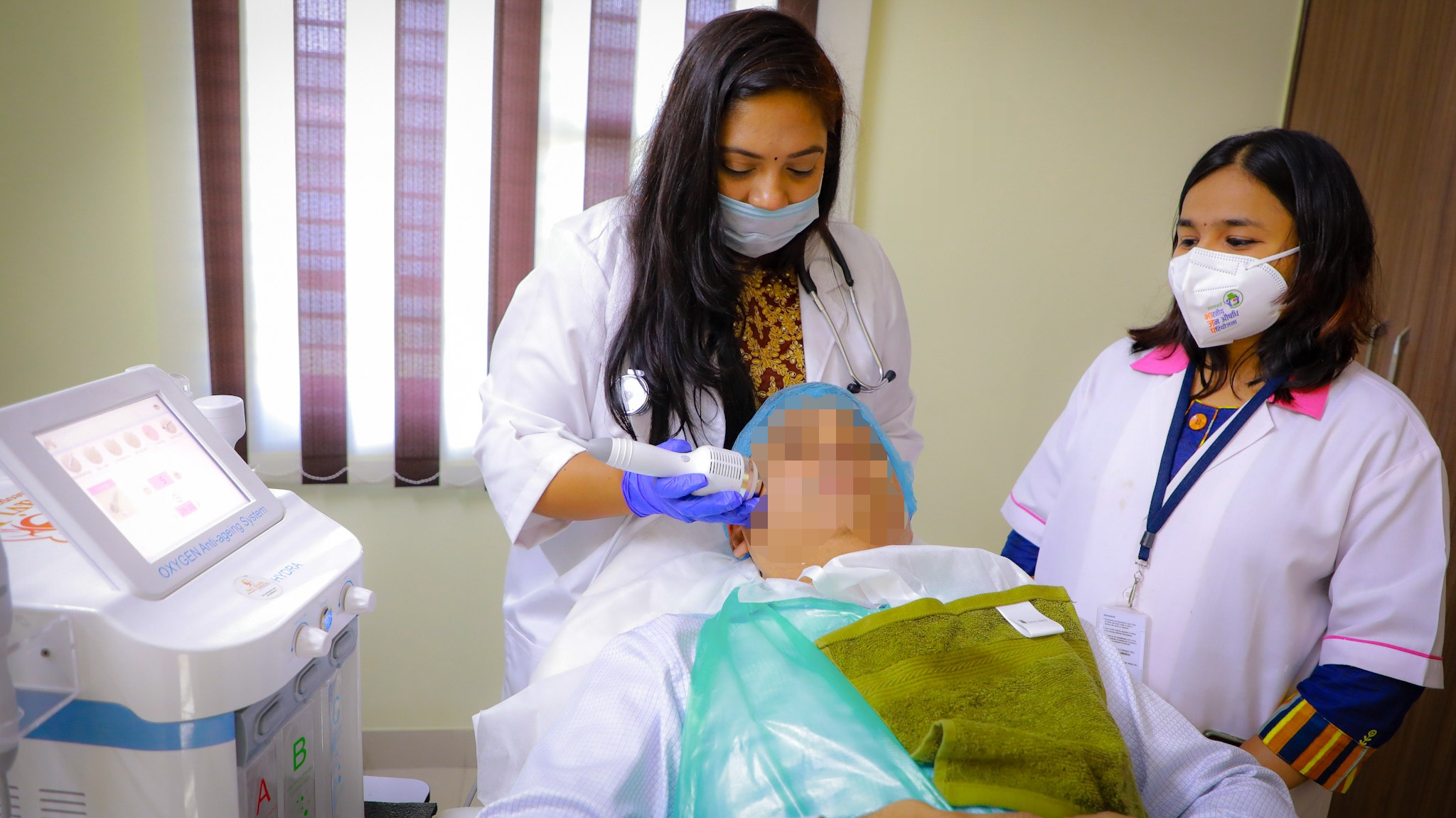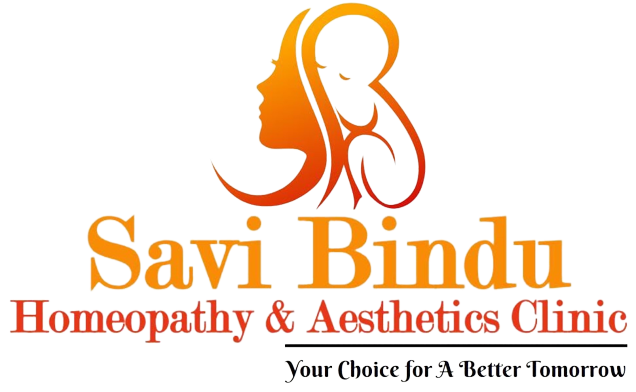
Welcome to the next chapter in homeopathic medicine, where exciting discoveries and advancements are revolutionizing the way we approach health and well-being. As an ancient practice that dates back centuries, homeopathy has always been a fascinating field that harnesses the power of natural remedies to heal and restore balance within our bodies. But now, prepare to be amazed as we delve into the latest breakthroughs that are taking this age-old art of healing to new heights. From cutting-edge research on plant-based medications to groundbreaking methodologies tailored specifically for individual needs, it’s time to uncover the untold wonders awaiting us in the realm of homeopathic medicine. Get ready for a captivating journey filled with hope, innovation, and endless possibilities!
Homeopathic medicine is based on the belief that the body has the ability to heal itself. Homeopathic treatments are designed to stimulate the body’s natural healing process.
Homeopathic medicine is a safe and effective alternative to conventional medicine. Homeopathic remedies are made from natural substances and are gentle and non-toxic. Homeopathy is suitable for people of all ages, from babies to seniors.
Homeopathic medicine is used to treat a wide range of conditions, including allergies, colds and flu, digestive problems, skin conditions, stress and anxiety. Homeopathic remedies can be taken orally or applied topically exciting discoveries and advancements in homeopathic medicine are providing new opportunities for treating conditions that were previously considered untreatable. Homeopathic medicines are now being used to effectively treat chronic diseases such as cancer, HIV/AIDS, and Alzheimer’s disease. Researchers are also exploring the use of homeopathic medicines in the treatment of autism spectrum disorders and other mental health conditions.
Since 2020, there have been many exciting discoveries and advancements in homeopathic medicine. Some of the most notable include:
1. The discovery of a new homeopathic remedy made from the venom of the Australian redback spider. This remedy is said to be effective in treating a wide range of conditions, including pain, inflammation, anxiety, and insomnia.
2. The development of a new homeopathic treatment for Alzheimer’s disease. This treatment is based on the theory that Alzheimer’s is caused by an imbalance of certain brain chemicals. The homeopathic treatment is said to help rebalance these brain chemicals, providing relief from symptoms and potentially slowing the progression of the disease.
3. The creation of a homeopathic vaccine for the human papillomavirus (HPV). HPV is a common virus that can cause cervical cancer. The vaccine is said to be safe and effective in preventing HPV infections and potentially reducing the risk of cervical cancer.
4. The development of a new homeopathic treatment for depression. This treatment is based on the belief that depression is caused by an imbalance of certain brain chemicals. The homeopathic treatment is said to help rebalance these brain chemicals, providing relief from symptoms and potentially improving mood and quality of life.
In the past decade, homeopathy has seen a resurgence in popularity as more people are looking for natural, holistic ways to treat their health concerns. At the same time, advances in technology are giving homeopaths new tools and resources to work with. Here’s a look at how technology is changing the practice of homeopathy and making it more accessible than ever before.
One of the biggest changes is the way patients can now access homeopathic care. In the past, most people would have to see a homeopath in person for an initial consultation. However, with the advent of online consultations, people can now receive treatment from anywhere in the world. This is particularly beneficial for those who live in remote areas or who have difficulty getting to a practitioner’s office.
Another big change is the way homeopaths are able to research and develop remedies. In the past, this was often a time-consuming process involving trial and error. However, with access to online databases of homeopathic materia medica, practitioners can quickly and easily find information on which remedies are best for each individual case. This not only saves time, but also helps to ensure that patients receive more effective treatment.
Technology is also changing the way homeopaths educate themselves and keep up with latest developments in the field. In the past, most information was transmitted through books and lectures. Nowadays, there are many online courses and webinars available that allow practitioners to learn at their own pace
There are many forms of homeopathic medicine, but the most commonly used are those that are taken orally. These are typically made from plants or other natural substances that have been diluted in water or alcohol. Some homeopathic remedies are also available in forms that can be applied to the skin, such as ointments and gels.
Homeopathic medicines are thought to work by stimulating the body’s own healing mechanisms. They are often used to treat conditions that are chronic or recurring, such as allergies, migraines, and joint pain. Some people also use homeopathic medicines to maintain their health and prevent illness.
A growing body of research indicates that homeopathic medicines may offer certain health benefits. For example, some studies have found that homeopathic remedies can improve immunity and increase resistance to infections. Other research has shown that homepathic medicines can help relieve stress and anxiety, improve sleep quality, and reduce fatigue.
While more research is needed to fully understand how homeopathy works, there is evidence that it can be a valuable addition to your overall health care regime. If you’re interested in trying homeopathic medicine, talk to a qualified practitioner to learn more about which remedies might be right for you.
Homeopathic research has come a long way in recent years, but there are still many challenges that need to be addressed. One of the biggest challenges is the lack of funding for homeopathic research. Homeopathy is often seen as an alternative or complementary medicine, and as such, it is not always given the same level of funding as conventional medicine. This can make it difficult to conduct large-scale studies that would be necessary to prove the efficacy of homeopathic treatments.
Another challenge facing homeopathic researchers is the lack of standardization. Because homeopathy is such a individualized medicine, it can be difficult to compare results from different studies. This makes it hard to draw general conclusions about the effectiveness of homeopathic treatments.
Despite these challenges, there have been some exciting discoveries and advancements in homeopathic research in recent years. For example, a study published in 2015 found that homeopathic treatment was effective for patients with allergies. And a 2016 study found that homeopathic remedies were effective for treating symptoms of menopause. As more and more research is conducted, we are slowly but surely gaining a better understanding of how homeopathy works and what conditions it can effectively treat.
The future of homeopathic medicine is looking very exciting. Researchers are constantly making new discoveries and advances in the field, which is leading to more effective treatments and a better understanding of how homeopathy works.
One area of research that is particularly promising is the study of nosodes. Nosodes are homeopathic preparations made from diseased tissue or fluids, and they have been shown to be effective in treating a variety of illnesses. A recent study showed that nosodes can be used to treat Lyme disease, and there is also evidence that they may be helpful for other conditions such as allergies, asthma, and cancer.
Another exciting development is the use of plant-based medicines in homeopathy. A number of studies have shown that certain plants can be used to effectively treat various ailments, including colds, flus, and even cancer. Homeopaths are beginning to explore the potential of using these plant-based remedies more extensively in their practices.
In addition to new discoveries about homeopathic medicines, there are also advancements being made in the way they are administered. In particular, a new delivery system has been developed that allows homeopathic remedies to be taken orally without having to Dissolve them first in water. This makes taking homeopathic medicines much easier and more convenient for patients, and it means that they can be taken anywhere at any time.
The future looks very bright for homeopathic medicine. With new discoveries being made all the time
It is clear that homeopathic medicine is undergoing a resurgence and that exciting discoveries and advancements are taking place. We can look forward to more natural, holistic treatments for many health conditions. With these advances, homeopathy can reach its full potential as an effective form of healthcare with fewer side effects than traditional pharmaceuticals. As researchers continue their work in this field, the possibilities of what they could discover remain endless.
For Consultation call Savi Bindu Clinic at 91-9611996600

Address : Savi Bindu Homeopathy and Aesthetics Clinic, #12, Sri Ganesha Narayan Nagar, 1st Block, Doddakallasandra, Kanakapura Main Road, Bangalore -560062.